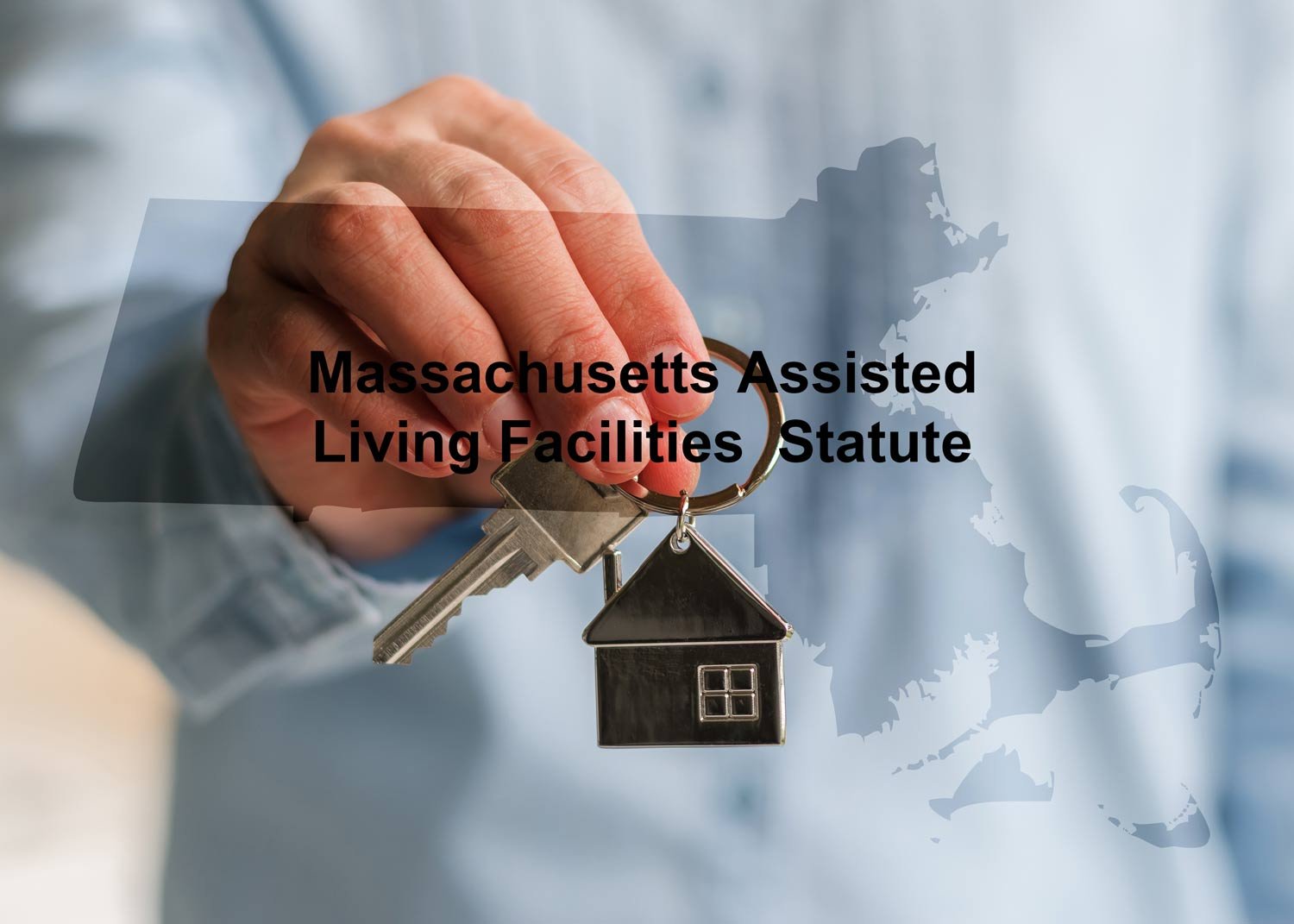
A landlord of residential property is restricted on what fees can be charged to a lessee, but are these restrictions the same for assisted living facilities (ALFs)? ALF/resident relations differ from traditional landlord/tenant relations. (For the purposes of this blog, ALF residents will be referred to as residents and landlord lessees as tenants.) While the two relationships share many similarities, ALF residents are provided with additional healthcare monitoring and services that a landlord would not be expected to provide.
The Massachusetts Supreme Judicial Court was recently presented with the opportunity to distinguish between the permissible charges landlords and ALFs may charge their tenants/residents. Landlord-tenant law falls under the restrictions of Massachusetts Security Deposit Statute, where ALFs are bound by the state’s ALF statutes – both laws being very similar in nature. (ALFs are called assisted living residences (ALRs) in Massachusetts. For purposes of this writing, the more common ALF will be used.) Courts in the state were split on the issue of the extent that the security deposit statute might apply to ALF residents; and, if so, whether ALF statutes permitted additional charges beyond those listed in the security deposit statute.



